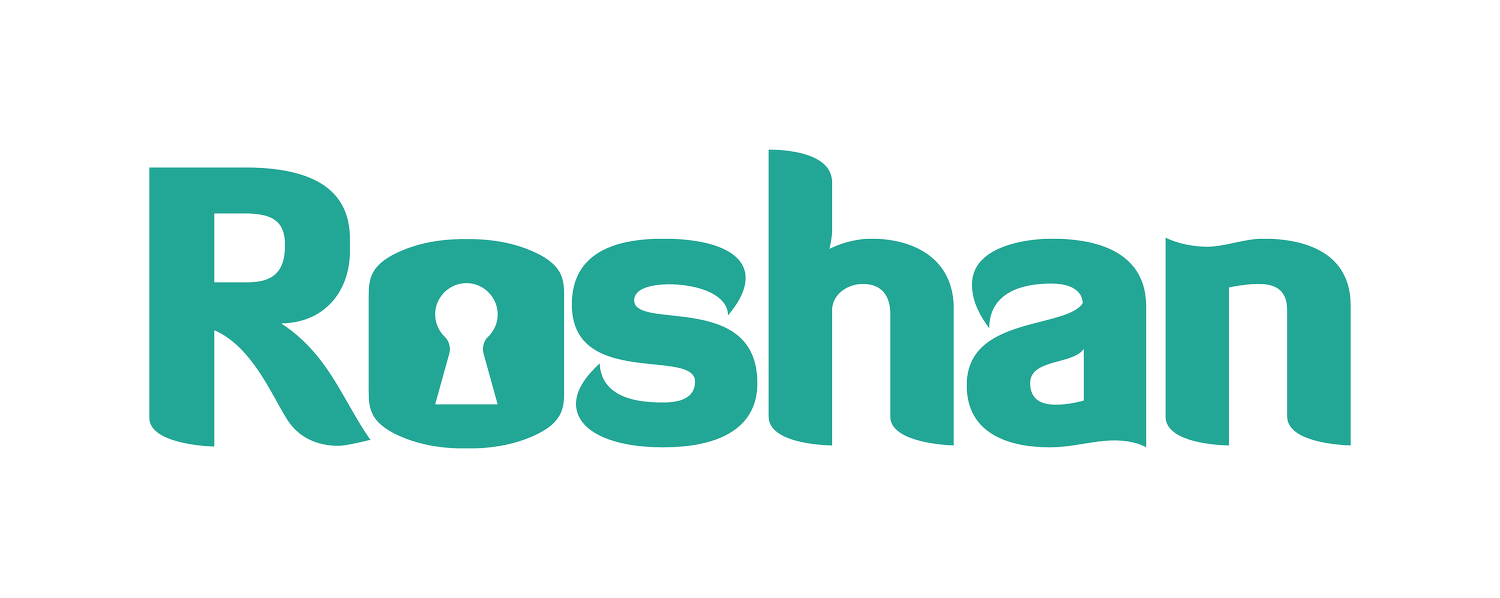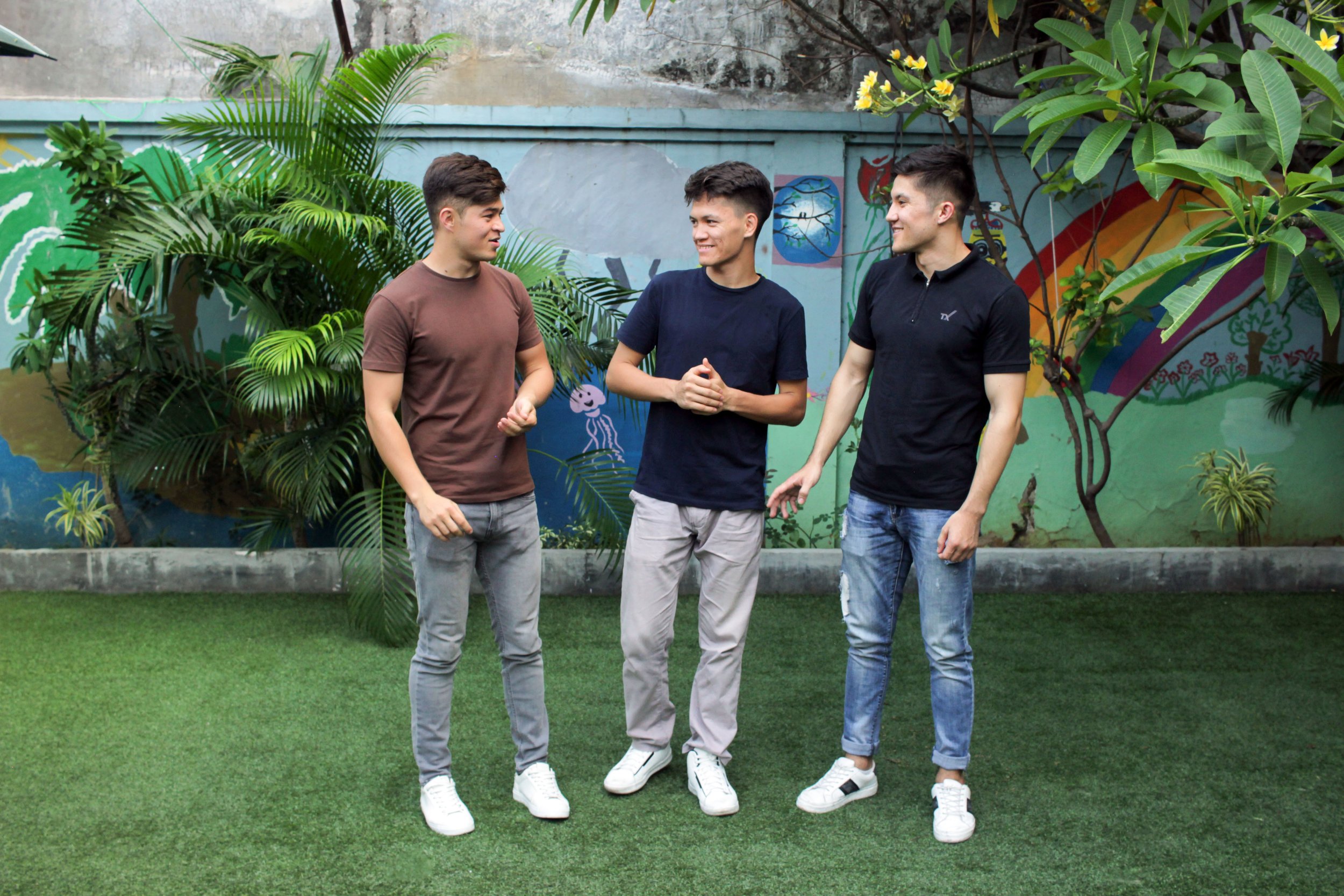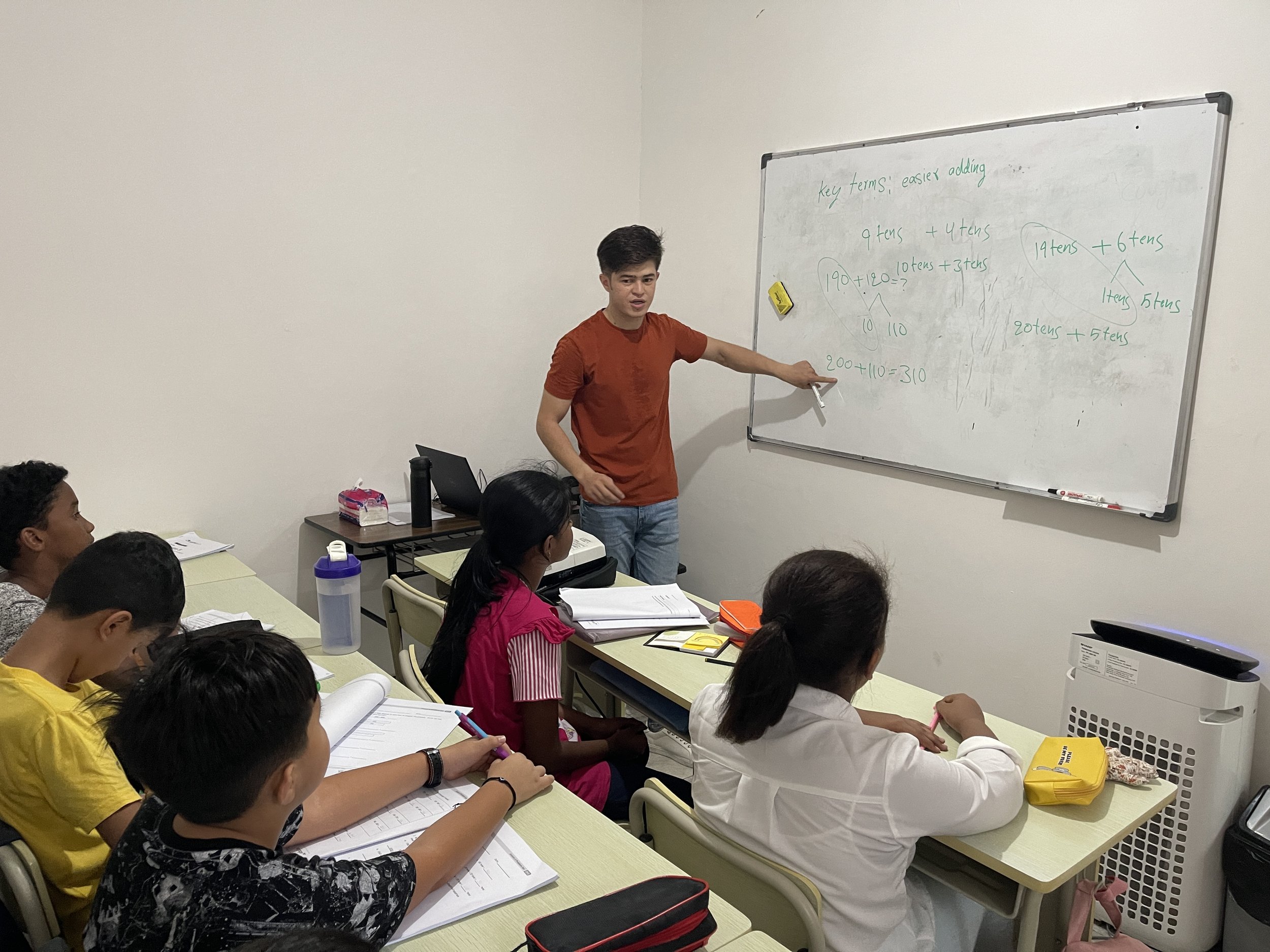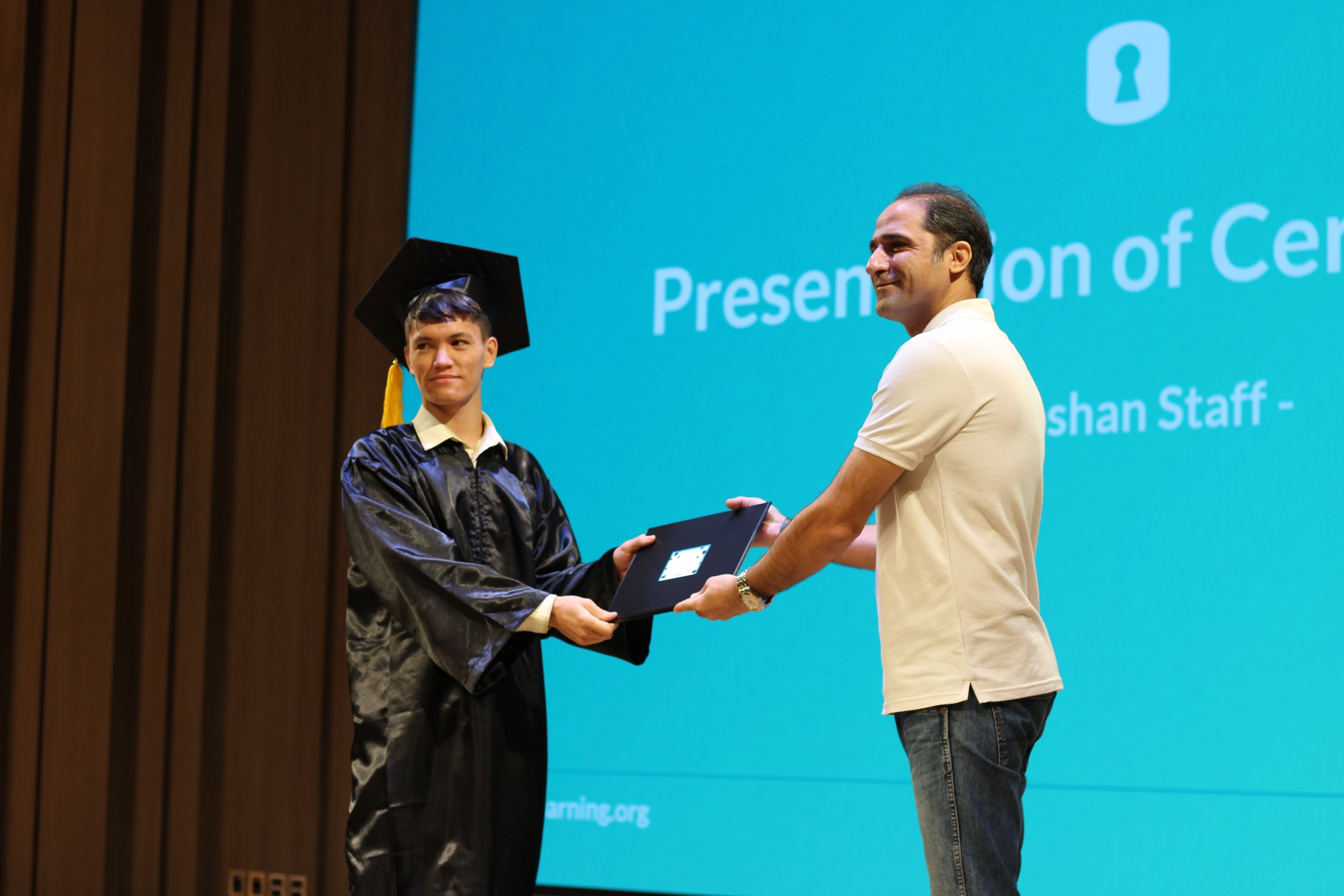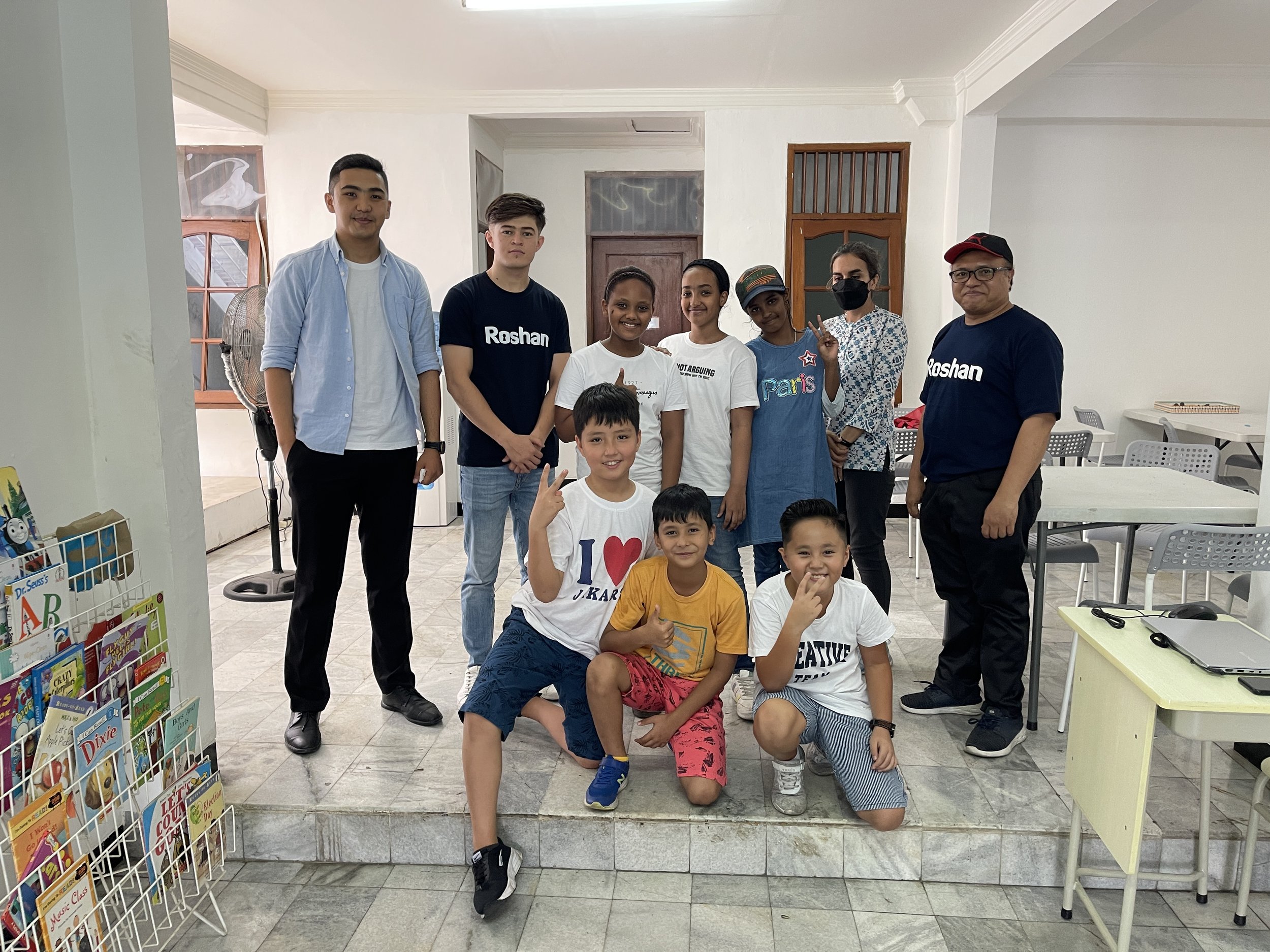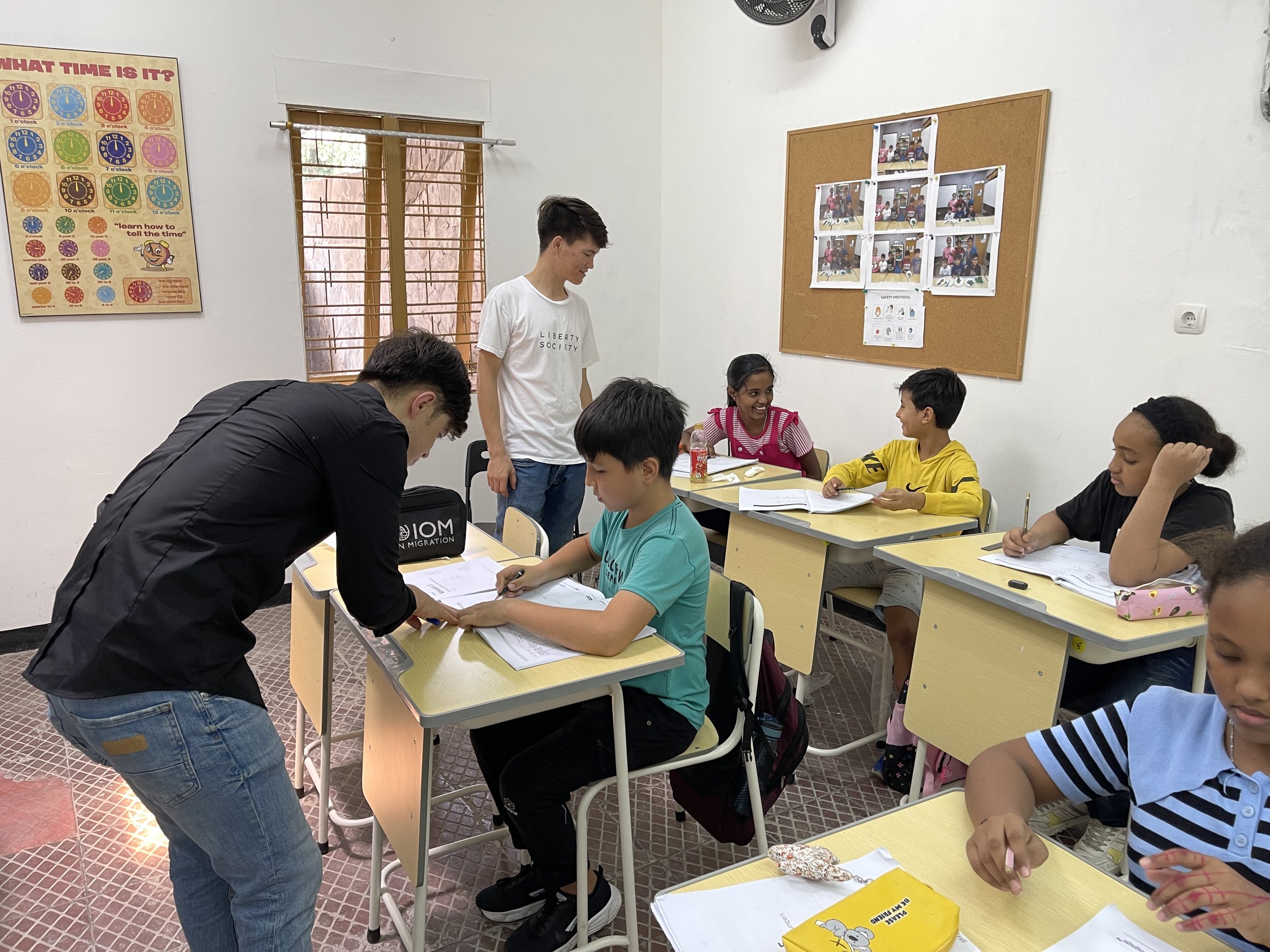From Shelter to Success: Mohammad Asadi, Ali Sina, and Ali Akbar's Story
Story writer: Sheri Lohardjo | Videographer: Sajjad Alizada | Video editor: Caitlin Howe
Mohammad Asadi, Ali Sina, and Ali Akbar are often mistaken as brothers – and it is easy to see why.
The young men shared many similarities. All three were either 19 or 20 years old. They spoke the same language. They shared the same home country of Afghanistan. They loved playing futsal together.
But there was another common thread that bound them together: in search of safety, all of them had left Afghanistan when they were still young – all alone. They each arrived as unaccompanied minors in Indonesia, where they now live as refugees. All of them agreed that coming to Indonesia was a strange and challenging experience. “It was difficult, I would say. I came very young. I was 14 years old. I couldn’t speak English or the local language, and without family - being in a different country, it was challenging,” said Mohammad Asadi. Ali Akbar nodded, adding: “It was the first time that I came to a foreign country. It was a little strange for me. Everything looked new to me: the people, the culture, the language.”
The three of them were sent to live in a refugee shelter for unaccompanied minors. “Shelter is supported by organizations that are partnered with UNHCR in Indonesia. It’s a place for refugees who are under 18, and they are unaccompanied without their family,” Mohammad Asadi explained. “So all of us came without our families to Indonesia. I think we were 13 to 14 years old, right? So we used to live in [the] shelter for 4 years, all of us, almost.”
Living in the shelter came with some restrictions. Breaking curfew, for instance, would lead to their allowance for food or basic necessities being cut. Yet despite these restrictions, it was one of the first places where they found a semblance of safety. Here, they lived among other boys their age who had also left behind their homes, families, and all they had ever known. “The good thing about shelter is, they give us a safe place, a place to stay. I think I like the shelter because all the boys were my age, and I made lots of friends,” said Ali Sina.
It was through these friends that the boys first heard about Roshan Learning Center. To them, it was an opportunity to find another place of belonging and continue their disrupted education. They could learn English and Bahasa Indonesia, and work towards getting their high school qualifications. “As a refugee, unaccompanied without any family or supervisors here, I or someone like me – [like] Ali Akbar and Ali Sina – we are not allowed to go to a formal school in Indonesia. And that’s when Roshan came in,” Mohammad Asadi said.
Each of them spent roughly a year on Roshan’s waitlist before they were admitted. Demand for refugee education was high, and classes were full. “All of us agree that we all waited a little while to get accepted in Roshan. I wish we had more resources and a wider space – more resources to make Roshan a bigger place and a bigger hope for more refugees to continue their education,” said Mohammad Asadi.
When they were finally accepted, they were overjoyed. Having spent years as unaccompanied minors, becoming part of the Roshan community was life-changing. “We see a lot of people from different cultures, from different countries, from different ages. Like we see the people that are our father and mother’s age, and also we see the children that are like our youngest brothers and sisters,” Ali Akbar said. “We didn’t live in a family surrounding, so here in Roshan we experienced living in a family.” Without their Roshan family, they agreed, living in Indonesia would have been lonely and isolating. “[The] Roshan community is a very friendly community. The people here are very kind. I feel like I’m in the right place now and I love being in Roshan. Roshan is like a second home to me,” said Ali Sina.
Both him and Mohammad Asadi were enrolled in Secondary School, while Ali Akbar joined the GED program. Over several years, they each completed their respective courses of study. Mohammad Asadi and Ali Sina earned their high school diploma through Roshan’s Elite Open School program. Ali Akbar earned his high school equivalency through the GED program, the first of its kind in Indonesia.
After that, all three applied to become volunteers at Roshan, wanting to contribute to the community that had raised them. Mohammad Asadi became an operations assistant, Ali Sina began to teach math, and Ali Akbar took on a teacher’s assistant role for the Upper Primary class. “I’m proud of being part of this community, and now as a volunteer, I’m giving back to the people who helped me to learn and grow. And I’m proud of that – to be part of this, a wider community that helps a marginalized set of people,” said Mohammad Asadi.
Through it all, there was one thing that helped them to succeed: their friendship. The young men, along with their many friends, supported each other during their time as students at Roshan. Over the years, they have counted on each other, forming a close brotherhood that has carried them through moments of difficulty and occasions of joy. Alongside our community, the three found family in one another – one of many “chosen families” that exist at Roshan.
“I think since I don’t have my family, they are like my brothers. Of course I need their support. Their support means a lot to me,” Ali Sina said.
“Without the support of my friends, I think I would not be here. [...] Since I’ve been far away from my family, my relatives, I don’t have any support here. My friends are everything for me. My brothers,” Ali Akbar said.
Mohammad Asadi added, “It means a lot to have someone who has the same background and similarities, things in common – see the world as you see. That’s what Ali Akbar and Ali Sina are for me in Indonesia. I’m very glad to meet you. And I’m glad to have Roshan as a wider community and to have you guys as friends.”
Next year, Roshan Learning Center will be celebrating its tenth anniversary: a decade of changing lives and inspiring hope among refugees in Indonesia.
As we look to 2024, we are celebrating that the Roshan story has grown deeper, wider, and richer. In 2014, we began with the simple goal of providing a safe space for refugee children to learn and play. Now, the impact of our work is more tangible than ever.
Help us ensure this good work that enriches lives through education and community.
